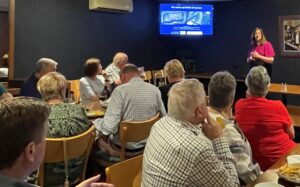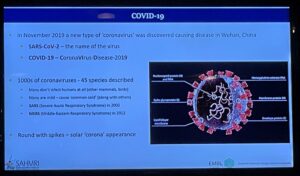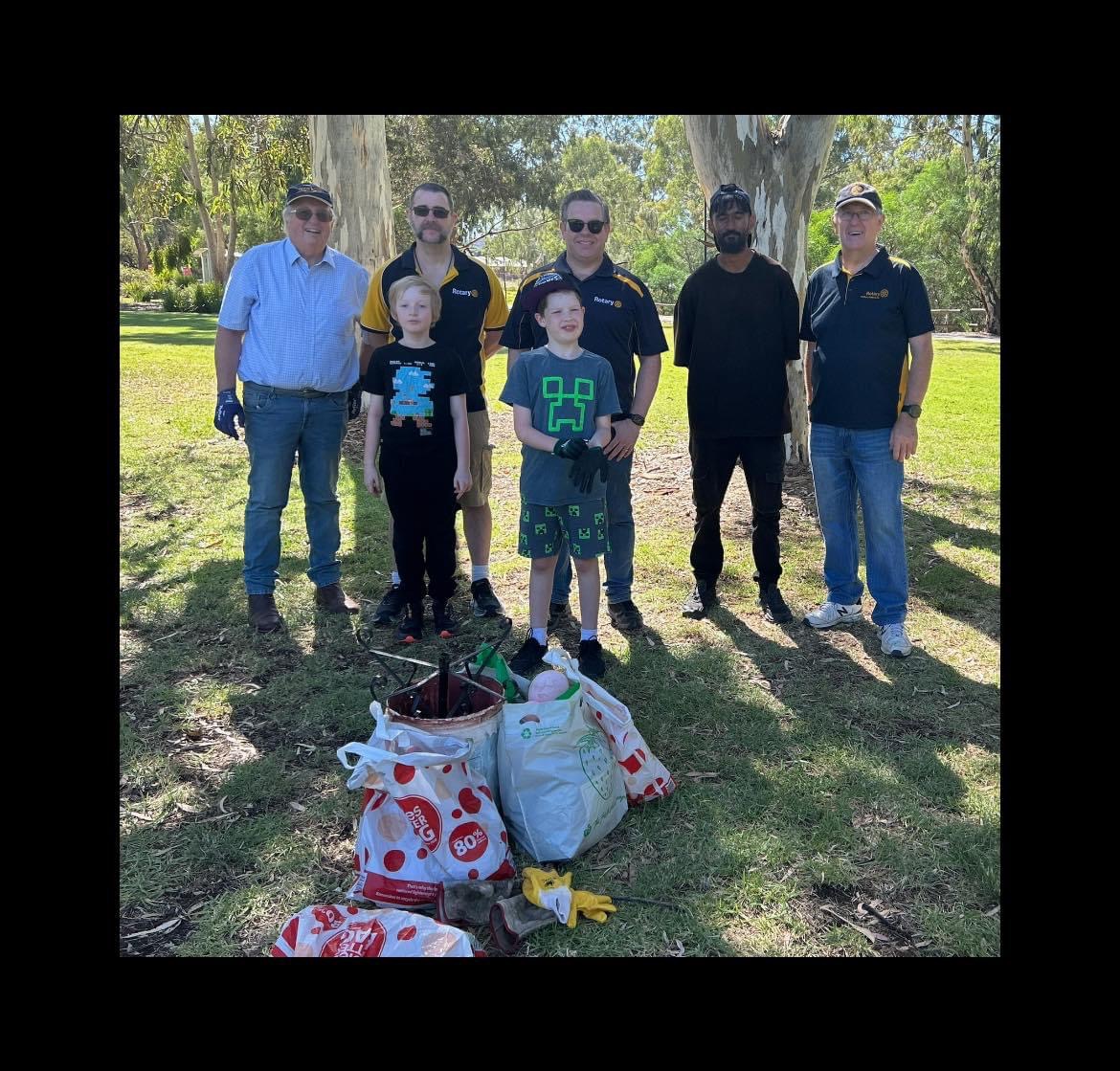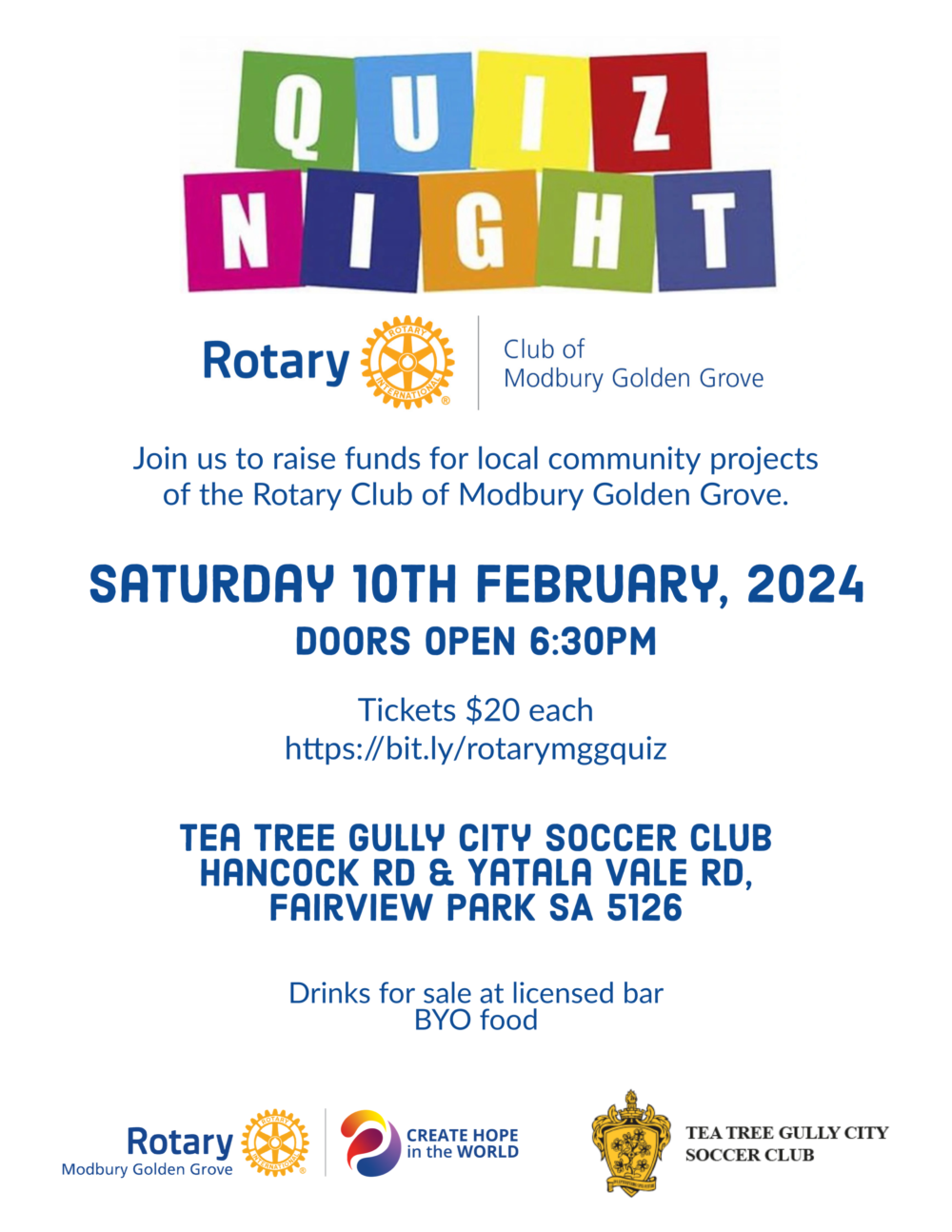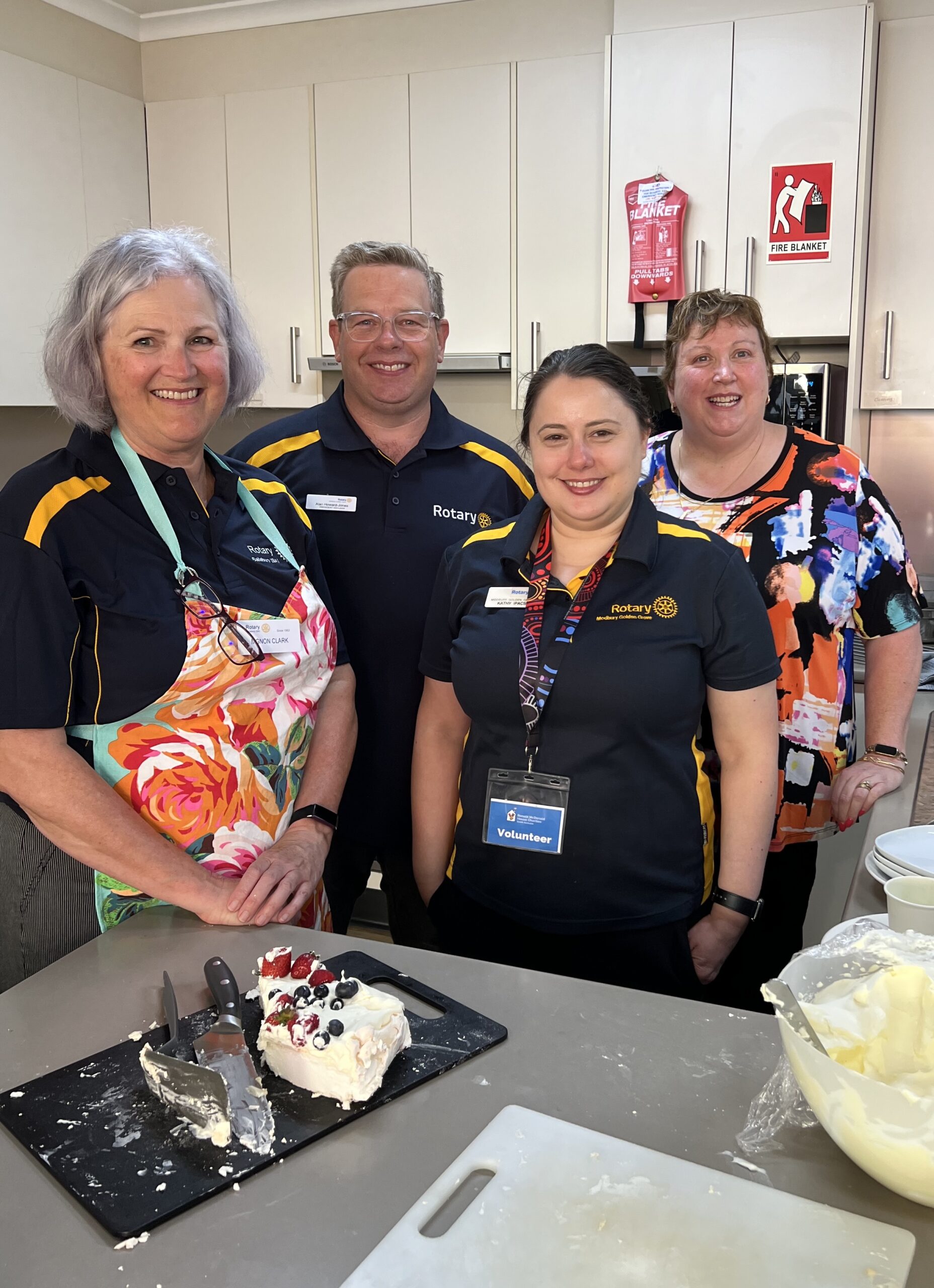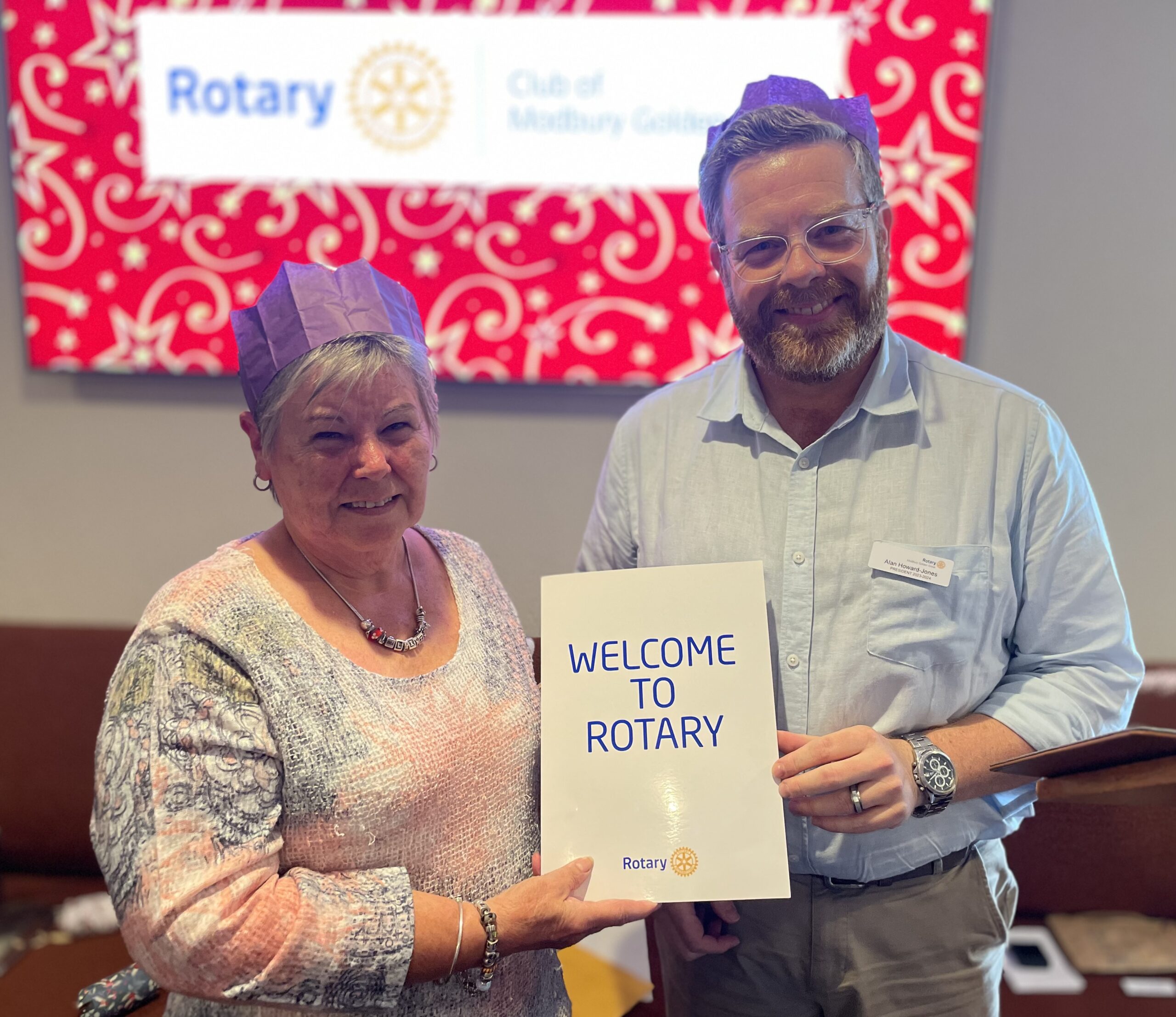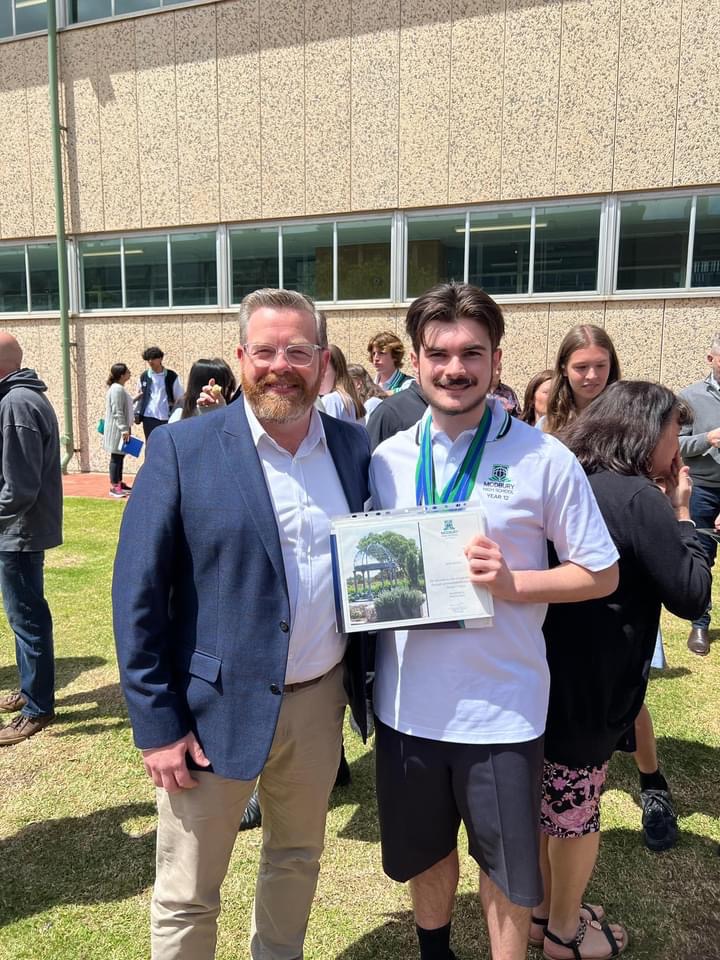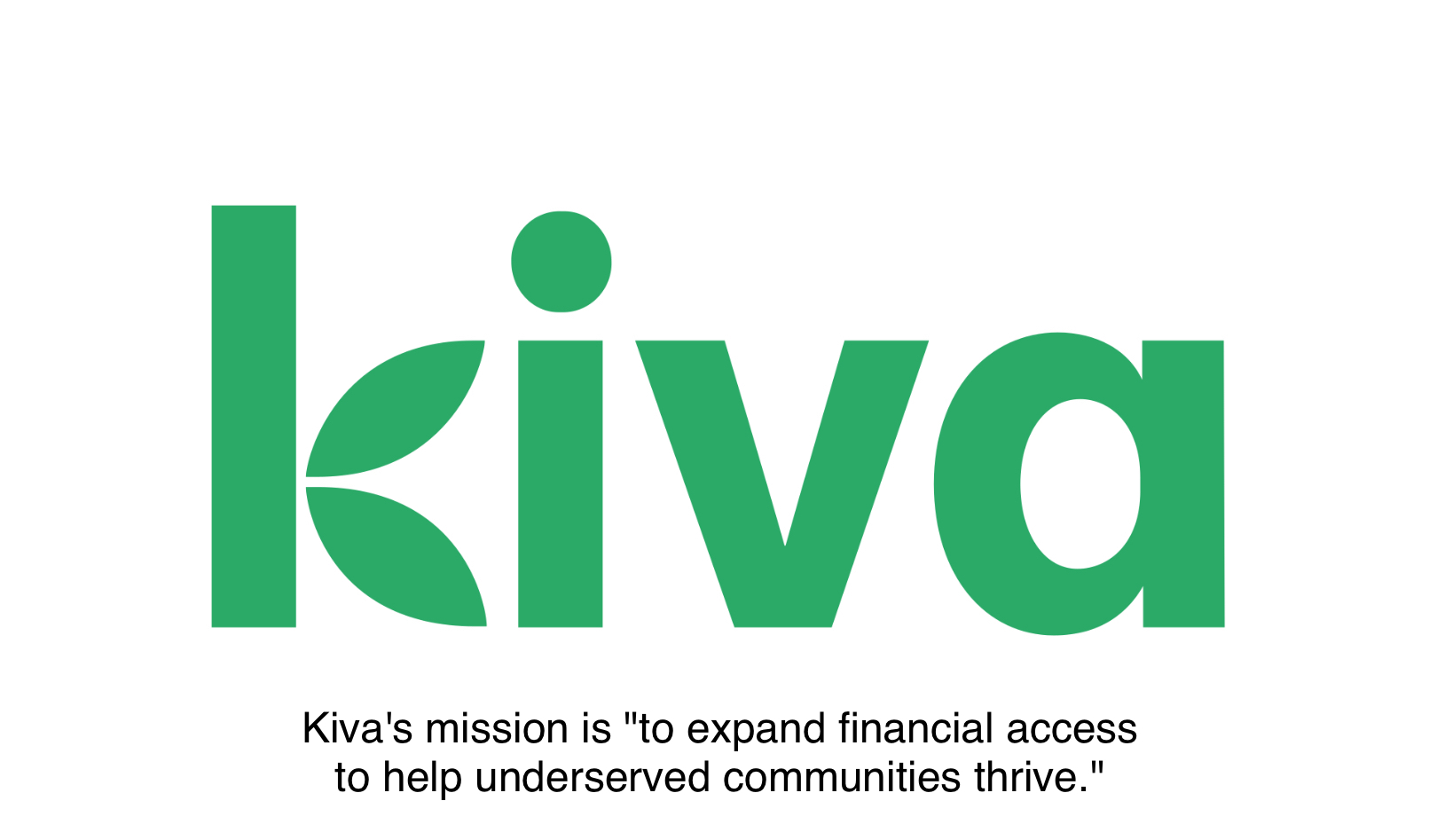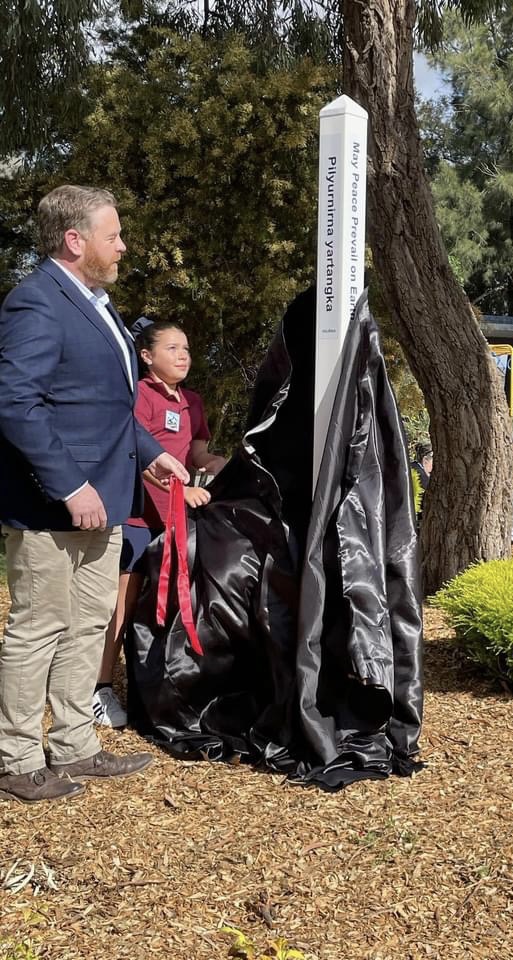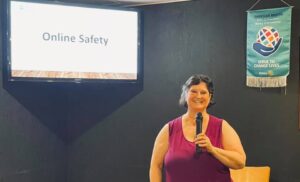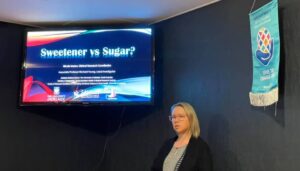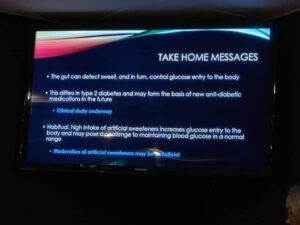Guest Speaker: Dr Natalia Stevens
Thank you to our Special Guest Speaker- Dr Natalie. Who is a immunology researcher at SAHMRI and a daughter of Rotarians. She educated our club tonight on ‘what is a virus’ and how they effect our immune system and health. Gave us a brief history of vaccines and presented broad view of the science of COVID-19!
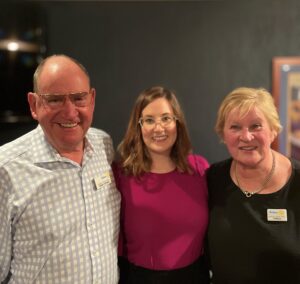
Rotarian Wayne Stevens introduced our guest speaker, which happened to his daughter. Dr. Natalie Stevens, Researcher in Immunology at SAHMRI Precision Medicine. She spoke on the immune system in our body and how it is equipped to protect us from foreign invaders. However sometimes the virus overwhelms our system and we need to be vaccinated. A vaccine has antibodies that surround the bacteria, so that it can’t do any further damage. The vaccine has a Memory Response, so when bacteria enters our body, it goes back to work, repelling it. Viruses are very small and are able to copy themselves. There are many Corona Viruses, and they are, what we know as the Common Cold. Sometimes there are new invaders and the body can not combat them, such as Covid 19. Once it gets into your body and it enters a cell and then copies itself over and over again. It inflames your lung, which stops working properly, and then it attacks other organs. You may need a ventilator or in some cases it leads to death. Vaccines have been developed at very fast rate, and that has only been possible through Global Information Sharing and lots of Funding. The big message is get the Vaccine, any Vaccine, that combats Covid 19. Once your vaccinated there is less chance of Hospitalisation and Death.
It was a great presentation and delivered in a way that everyone could understand.
